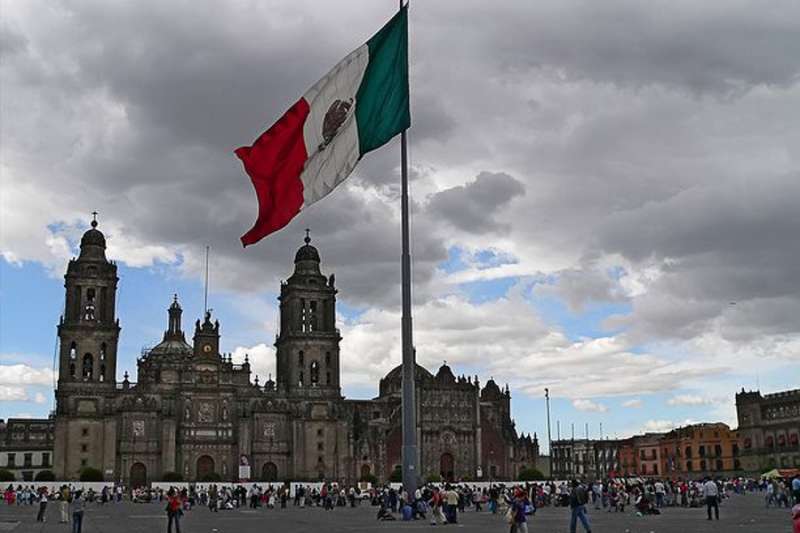The Mexican bishops' conference published Tuesday the “Catholic Church's Plan for Building Peace,” in an effort to “redouble efforts and united action” against corruption and violence racking the country.
The goal of this plan, the bishops explained Sept. 11, is to “make known and assist in the coordination of all peace building efforts” undertaken by both Catholic and civil society organizations.
The bishops stated that building peace in Mexico will be a “pivotal axis” in their work of pastoral social ministry.
The plan will thus promote continuity in the work of caring for victims, the “workshops for forgiveness and reconciliation” will be reactivated, and strategies will be developed to care for the victims of human trafficking throughout the country.
The plan includes pastoral accompaniment and oversight for the work of the migrant centers and shelters spread throughout Mexico, working with prisoners, the care of orphans, preserving green spaces as common areas, and working with the media to get out messages that foster peace in the country.
The Mexican bishops also emphasized the importance of “collaboration with the new administration elected in our nation in 2018.”
To that end, the Mexican bishops met Sept. 4 with president-elect Andres Manuel López Obrador and had a “fraternal and proactive” dialogue.
In statement released Sept. 5, the bishops indicated “the main items” covered in their meeting with López.
The first item was the president-elect's “presentation of the administration's program” for the country.
The second item discussed at the meeting was “mutual concern for attention to the pressing issues: poverty, migration, violence, corruption, impunity, life and religious liberty for all confessions.”
The possibility of establishing an ongoing open channel for dialogue with the government was also addressed.
Additionally, the apostolic nuncio Archbishop Franco Coppola met with López Sept. 10. Afterwards, foreign minister designate Marcelo Ebrard emphasized that one of the points in common with the incoming administration and the Catholic Church is “the search for peace in Mexico” as well as the effort to reduce inequality in the country.
Ebrard also noted that López “has met or will meet with almost all” the religious communities in Mexico “to invite them to participate in the peace process,” seeking to bring about “a conversation and common reflection on how we can achieve peace in Mexico.”
The next Mexican foreign minister also said regarding the position of the Vatican on the peace forums in Mexico “we are not expecting from the Holy Father more than his message and point of view. The Holy Father gives important messages every day.”
The Mexican bishops' conference has agreed to participate in these forums intended to lead to a National Reconciliation Pact.
In an Aug. 16 statement, the bishops said proposals coming out of these forums will provide input “to develop public policies that will allow progress in overcoming violence, building peace and national reconciliation.”
The “Catholic Church's Plan for Building Peace” comes in the context of the July 1 presidential elections in Mexico. López won with 53 percent of the vote and his National Regeneration Movement party obtained majorities in both the Senate and Chamber of Deputies.
López campaigned against corruption and violence, but he or his party have also expressed support for abortion, gay marriage, and assisted suicide.

